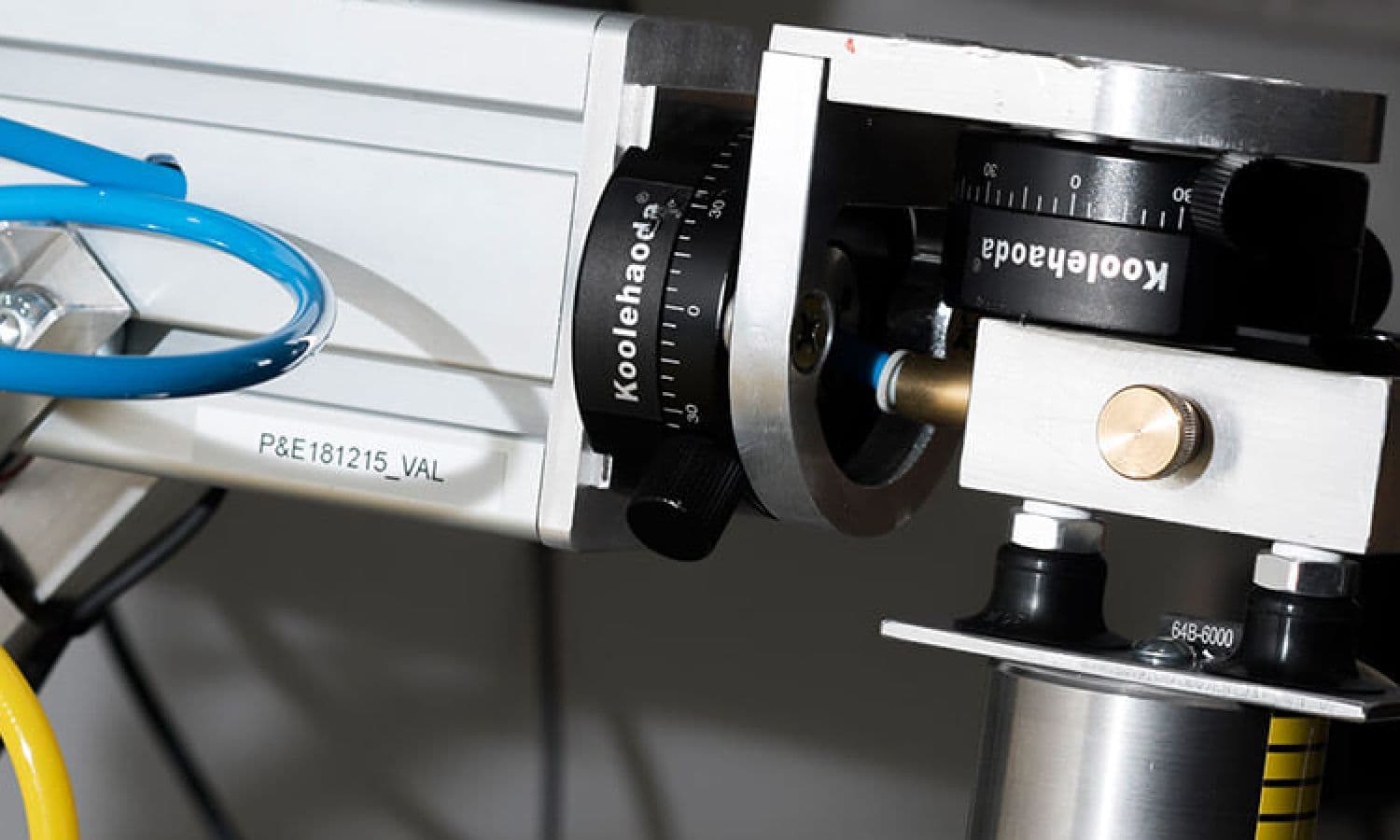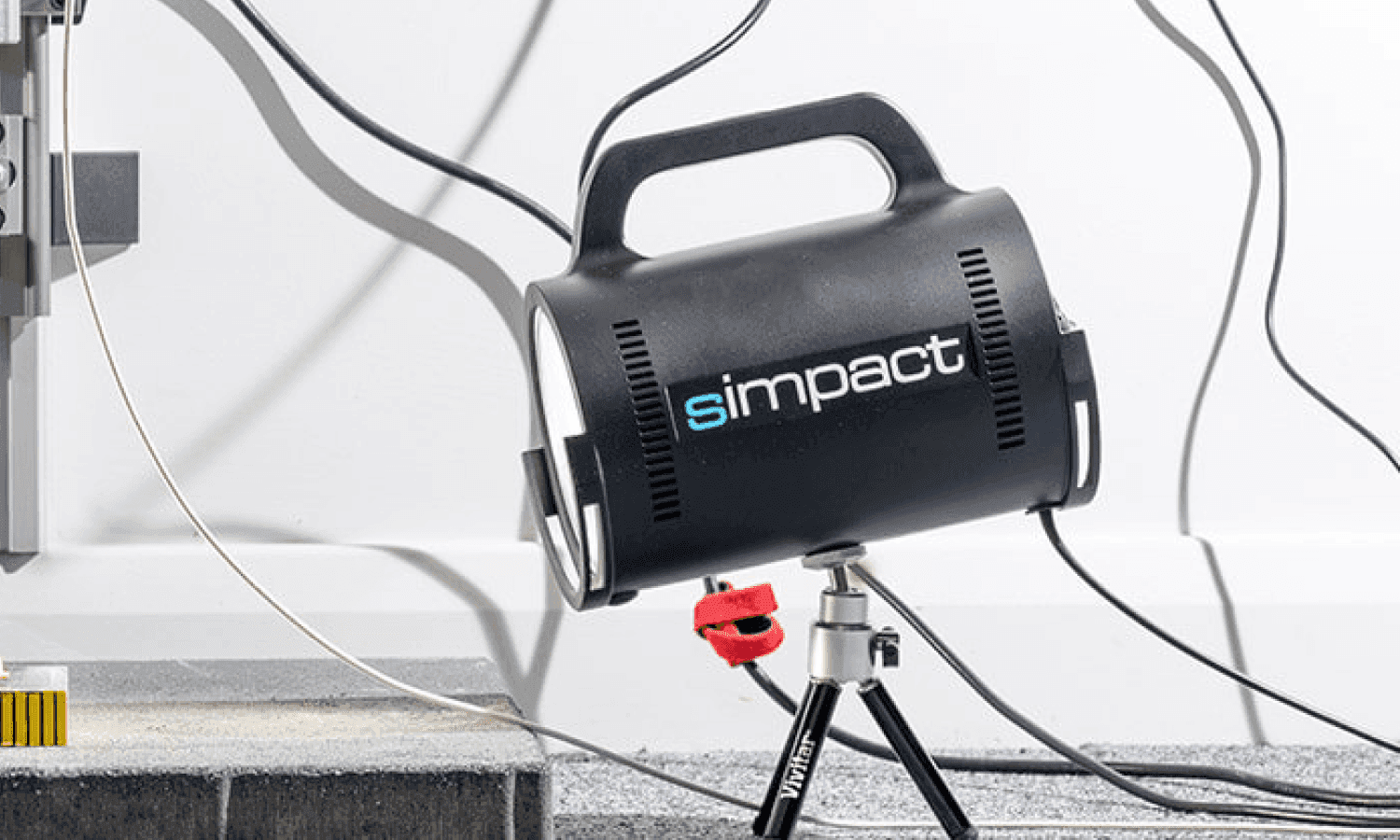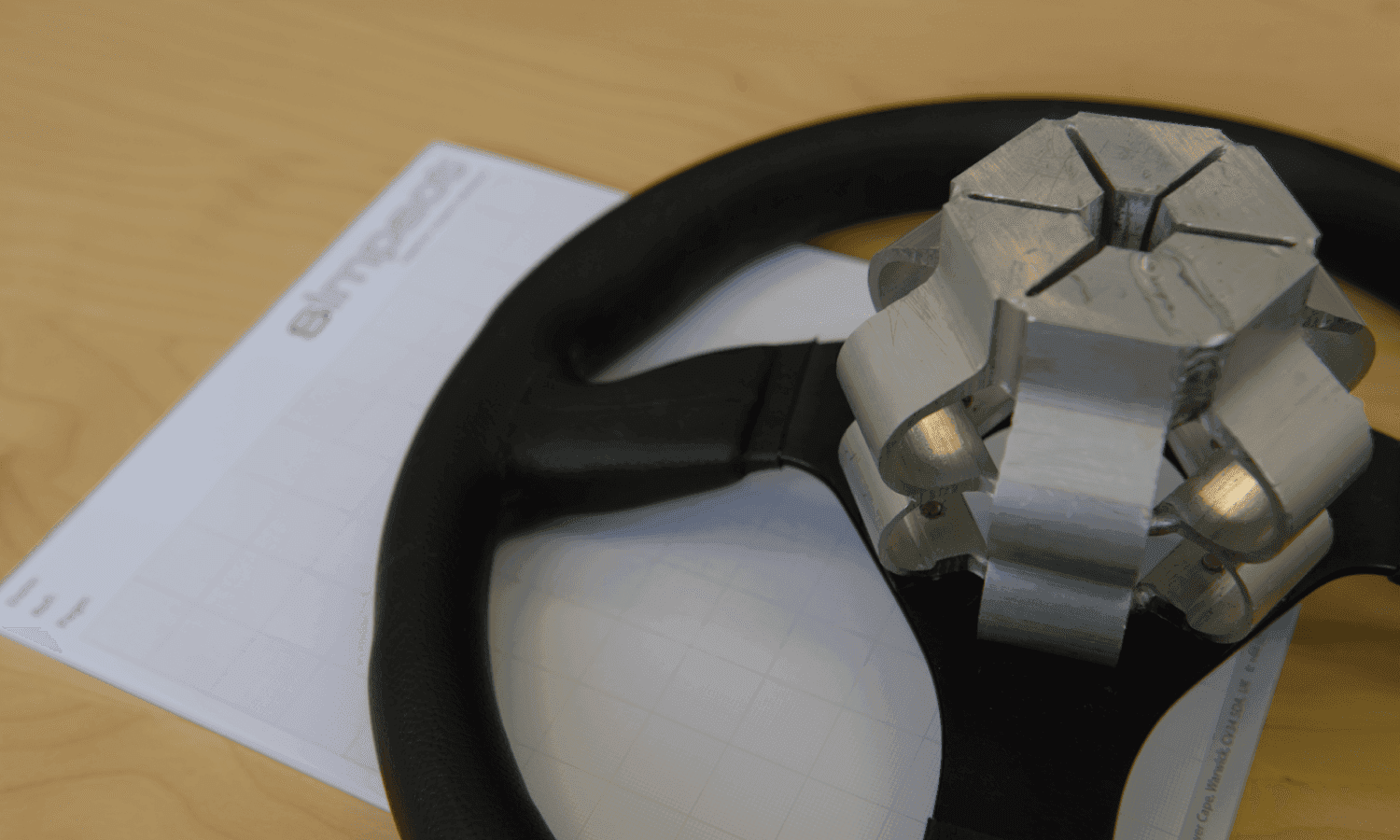Engineering Projects
We proudly present a selection of our projects, research projects and product development.
- Home
- Projects

Automotive
ALM Innovation in British Hillclimbing
Additive Layer Manufacturing (ALM), also known as 3D printing or additive manufacturing offers design freedom allowing to minimise weight, important when every gram counts.
Read more
Industrial
Simpact/GCE Editorial
The design of a novel protective guard for a gas bottle valve. Traditionally these items are made out of steel, this is the first of a generation of polymer based designs.
Read more
Defence
The application of 3D Digital Image Correlation (DIC) to blast load cases
Our defence client came to us asking for us to provide an accurate calculation of dynamic displacements in 3D during a blast load case
Read more
Industrial
Bespoke Mechanical Test Rigs
We are well positioned to design, develop and manufacture bespoke facilities to meet your loadcase specification and requirements.
Read more
Rail & Marine
Spacetrain – Spaceframe Structures for Rail
Getting rid of dead weight in public transport.
Read more
Automotive
HPC for Vehicle Safety Simulation
High Performance Cluster computing making use of a dedicated independent service centre.
Read more
Consumer
ICARUS
Innovative technology designed for high speed video and high end photography.
Read more
Defence
Shaping the Future of Body Armour
The effectiveness of PPE is compromised by ergonomic issues hindering the wearer's mobility. This study describes what it takes to develop more ergonomic chest plates.
Read more
Defence
Impact Energy Absorbing Boss
The impact energy absorbing boss has been designed, developed and manufactured by Simpact for use by their Niche vehicle customers wanting to achieve ECE-R12 European Type Approval. The boss is retrofitted to an existing steering column assembly between the column and steering wheel.
Read more
Aerospace
High-flying technology for drone impacts
Application of cutting-edge Finite Element Analysis (FEA) to Unmanned Aerial Vehicles for safety and crash analysis
Read moreInterested in working with us? Get in touch to find out more
We would love to hear about your project, get in touch and let’s explore how the expert team at Simpact can take it from design target specification through to verification.